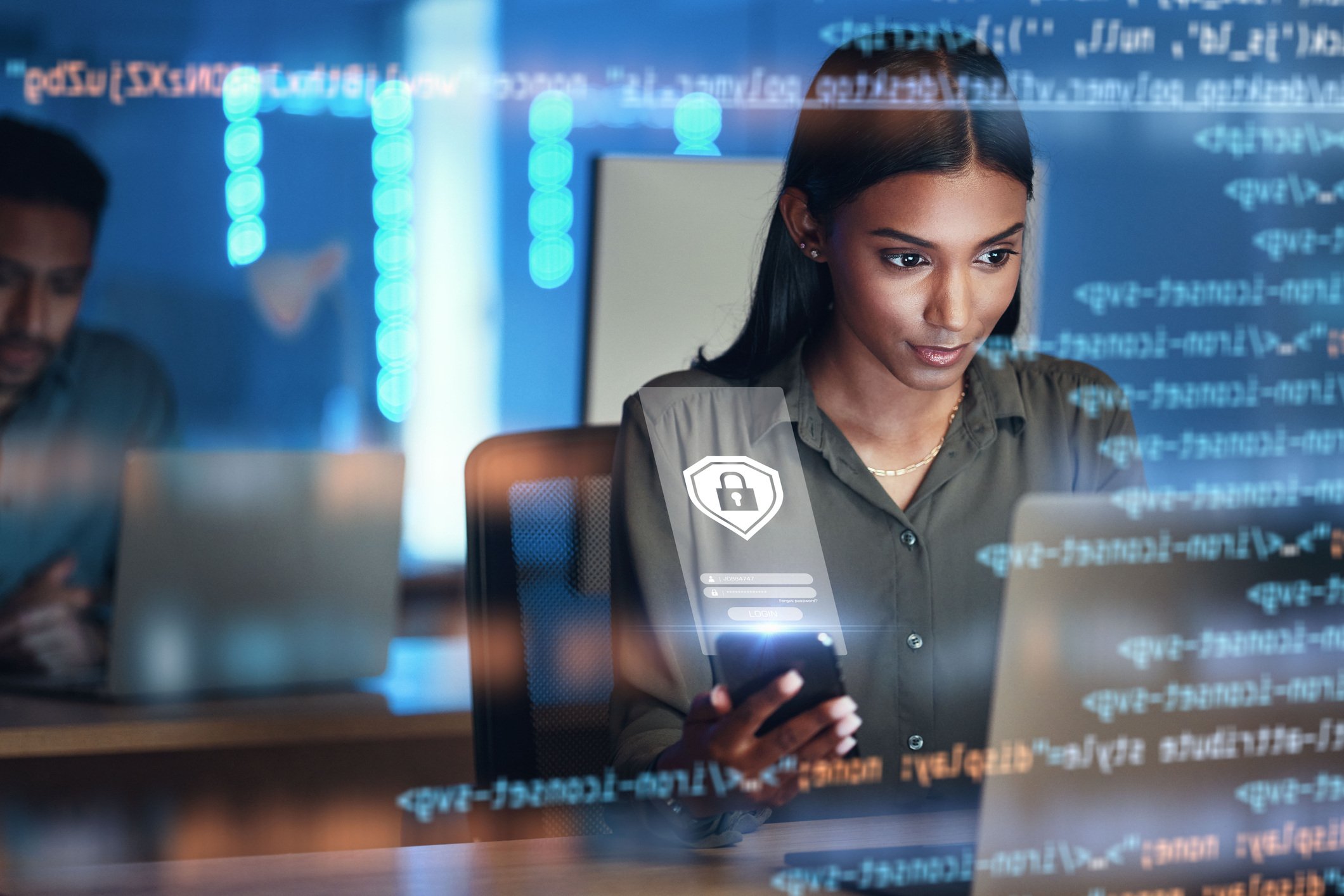Public Utilities Cybersecurity: Challenges and Solutions

 By
Jason Miller
·
2 minute read
By
Jason Miller
·
2 minute read
The Importance of Cybersecurity in Public Utilities
Public utilities, such as water, electricity, and gas, form the backbone of modern society. These critical infrastructures are increasingly becoming targets for cyberattacks due to their importance and the devastating impact that disruptions can cause. Ensuring robust cybersecurity for public utilities is essential to protect these vital services and maintain public safety and trust.
Challenges in Public Utilities Cybersecurity
Legacy Systems and Infrastructure
Many public utilities operate on legacy systems that were not designed with modern cybersecurity threats in mind. These outdated systems often lack the necessary security features to protect against sophisticated cyberattacks, making them vulnerable to breaches. Upgrading these systems is costly and complex, presenting a significant challenge for utility providers.
Increased Cyber Threats
The frequency and sophistication of cyberattacks targeting public utilities have increased significantly. From ransomware to state-sponsored attacks, these threats aim to disrupt services, steal sensitive data, or even cause physical damage to infrastructure. The growing number of connected devices in public utilities further expands the attack surface, making it easier for cybercriminals to find vulnerabilities.
Regulatory Compliance
Public utilities are subject to stringent regulatory requirements designed to protect critical infrastructure. Compliance with these regulations requires ongoing monitoring, reporting, and updating of security measures. Navigating the complex landscape of regulatory compliance can be challenging, particularly for smaller utility providers with limited resources.
Solutions for Enhancing Public Utilities Cybersecurity
Implementing Advanced Threat Detection
Advanced threat detection systems are crucial for identifying and mitigating cyber threats in real-time. These systems use AI and machine learning to analyze network activity, detect anomalies, and respond to potential threats before they can cause significant harm. By implementing these technologies, public utilities can enhance their ability to protect critical infrastructure from cyberattacks.
Upgrading Legacy Systems
While upgrading legacy systems can be challenging, it is essential for improving cybersecurity. Transitioning to more secure, modern systems reduces the risk of breaches and enhances the overall resilience of public utilities. Additionally, adopting cloud-based solutions and other advanced technologies can help utilities better manage their infrastructure and security.
Enhancing Employee Training and Awareness
Human error is a common factor in many successful cyberattacks. Providing regular cybersecurity training and awareness programs for employees can help reduce the risk of breaches. These programs should focus on best practices for cybersecurity, such as recognizing phishing attempts, using strong passwords, and safeguarding sensitive information.
Partnering with Cybersecurity Experts
Given the complexity of the cybersecurity landscape, public utilities can benefit from partnering with cybersecurity experts. These experts can provide tailored solutions, continuous monitoring, and rapid response to incidents, helping utilities maintain robust defenses against cyber threats. Collaboration with experts ensures that public utilities have access to the latest tools and strategies for protecting their critical infrastructure.
Conclusion
Cybersecurity is a critical concern for public utilities as they face increasing threats from cybercriminals. By addressing the challenges of legacy systems, increasing employee awareness, and implementing advanced threat detection, public utilities can strengthen their cybersecurity posture and protect essential services. For more information on how to enhance your utility's cybersecurity, visit BitLyft AIR®.
FAQs
Why is cybersecurity important for public utilities?
Cybersecurity is vital for public utilities to protect critical infrastructure from cyberattacks, ensuring the continuous delivery of essential services like water, electricity, and gas, and maintaining public safety.
What are the main cybersecurity challenges faced by public utilities?
The main challenges include outdated legacy systems, increased cyber threats, and the need to comply with complex regulatory requirements, all of which require significant resources to manage effectively.
How can public utilities improve their cybersecurity?
Public utilities can improve cybersecurity by implementing advanced threat detection systems, upgrading legacy infrastructure, providing employee training, and partnering with cybersecurity experts for ongoing protection and support.
What role do legacy systems play in public utilities cybersecurity?
Legacy systems often lack modern security features, making them vulnerable to cyberattacks. Upgrading these systems is essential to reduce risk and improve overall cybersecurity in public utilities.
How can partnering with cybersecurity experts help public utilities?
Partnering with cybersecurity experts provides public utilities with access to specialized knowledge, advanced technologies, and continuous monitoring, helping to strengthen defenses and ensure compliance with regulatory standards.